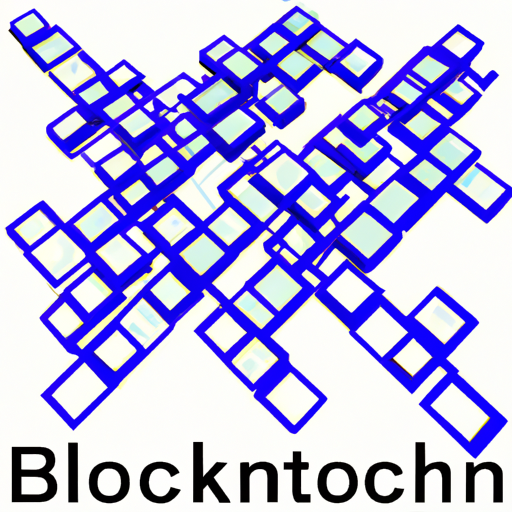In the digital age, the term Blockchain has become a buzzword that signifies a groundbreaking technology with the potential to revolutionize various industries. From the realm of cryptocurrency to the enhancement of data security, blockchain technology offers a plethora of benefits that merit exploration.
What is Blockchain?
At its core, blockchain is a distributed ledger technology that enables data to be stored across a network of computers (or nodes) in a secure and transparent manner. Each record, or “block,” in the chain is linked to the previous one, creating a chronological and unchangeable sequence of data.
Key Features of Blockchain Technology
- Decentralization: Unlike traditional databases that are controlled by a single entity, blockchain operates on a peer-to-peer network, making it less vulnerable to fraud and hacks.
- Transparency: All transactions on a blockchain are visible to users, allowing for a higher level of trust and accountability.
- Immutability: Once data is added to the blockchain, it cannot be altered or deleted, which ensures the integrity of the information.
- Smart Contracts: These are programmable contracts that automatically execute transactions when predefined conditions are met, further streamlining processes.
Benefits of Blockchain Technology
Blockchain technology is paving the way for innovation across various sectors:
- Financial Services: With blockchain, transactions can be executed faster and with lower fees, disrupting traditional banking norms.
- Supply Chain Management: Blockchain improves transparency and traceability by allowing all parties to access the same data in real-time, thus enhancing trust.
- Healthcare: Patient records can be securely shared across providers while maintaining privacy, streamlining treatment and reducing errors.
The Future of Blockchain
As we continue to explore the potential of blockchain technology, its applications are expanding beyond cryptocurrencies, encompassing industries such as voting systems, real estate, and intellectual property rights. Organizations worldwide are beginning to adopt blockchain to enhance security, reduce costs, and increase efficiency.
In conclusion, blockchain technology represents a significant step forward in how we manage data and conduct transactions. Its ability to provide secure, transparent, and decentralized solutions makes it a key player in the evolution of numerous sectors, potentially redefining the infrastructure of our digital economy.
Stay tuned as we continue to monitor the developments in blockchain technology and its ever-growing impact on the world.




